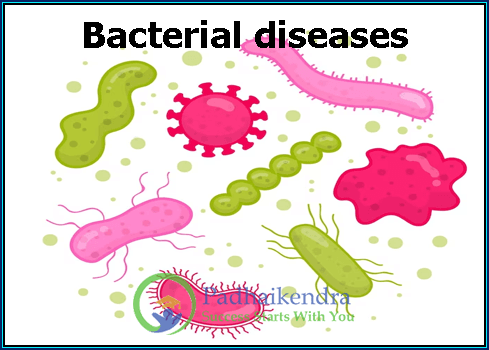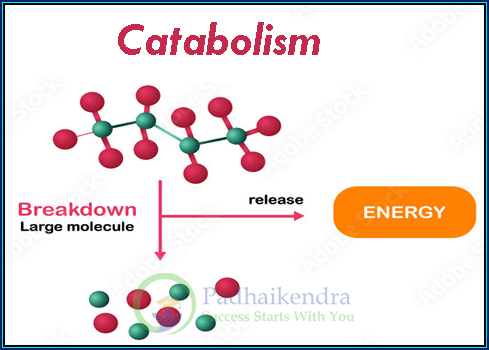Excretion and egestion are both processes involved in the elimination of waste materials from the body, but they differ in their mechanisms and the types of waste they eliminate.
- Excretion: This is the process by which metabolic waste products produced by the body are removed from the bloodstream and eliminated from the body. Excretion occurs mainly through the urinary system (by the kidneys), respiratory system (by the lungs), and digestive system (by the liver and intestines). The primary wastes eliminated through excretion are urea, creatinine, and uric acid, as well as excess water, electrolytes, and other molecules.
- Egestion: This is the process by which undigested food materials and other solid wastes are eliminated from the body. Egestion occurs mainly through the digestive system (by the rectum and anus). The primary wastes eliminated through egestion are feces, which consist of undigested food residues, indigestible fiber, and dead cells from the digestive tract.
In summary, excretion is the elimination of metabolic waste products from the body through the urinary, respiratory, and digestive systems, while egestion is the elimination of undigested food materials and other solid wastes from the body through the digestive system.





